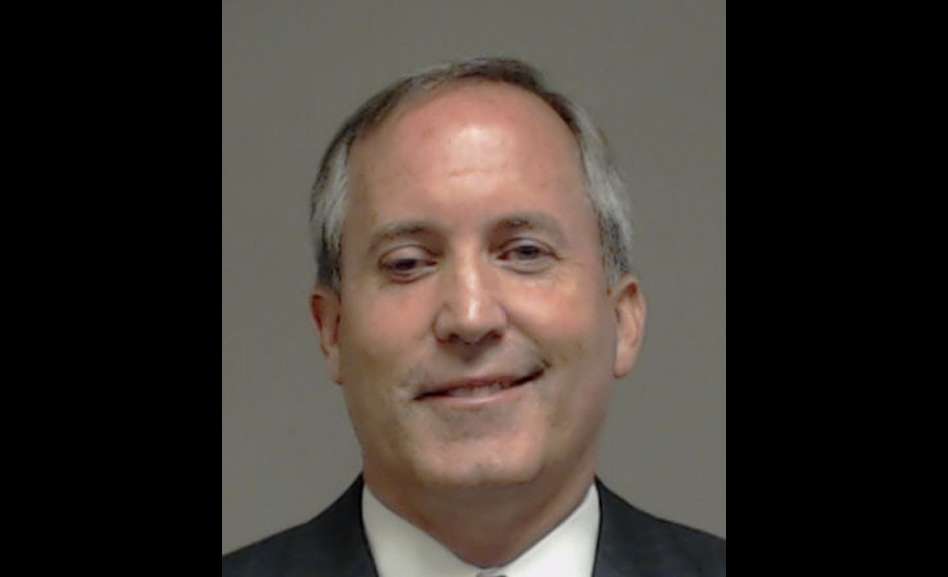
Texas Attorney General Ken Paxton
Last year on Oct. 27, the Texas Behavioral Health Executive Council voted unanimously to restore protections for LGBTQ and disabled clients to the Texas social workers’ code of conduct following two weeks of widespread backlash in response to the council’s vote to remove those protections. That first vote came at the suggestion of Gov. Greg Abbott’s office.
This week, however, Texas Attorney General Ken Paxton — already under indictment and awaiting trial on securities fraud charges and now under investigation by the FBI on charges of abuse of power — issued an opinion saying the council did not have the authority to extend nondiscrimination protections to LGBTQ people.
Will Francis, executive director for the National Association of Social Workers, Texas Chapter, noted immediately after the original vote to remove protections for LGBTQ people that the change violated the national association’s code of conduct and ethics.n There were also questions about the legality of the original vote since the council voted on the issued without having put it on the agenda.
In the Oct. 27 vote to reverse their earlier decision, the board also voted to ask Paxton’s office about the legality of the rule change, even though board members had previously acknowledged that Paxton would oppose explicit protections for LGBTQ people, based on his history of homophobia.
The indicted attorney general did not let them down.
In his opinion issued this week, Paxton wrote:
“The Council adopted a rule changing the word ‘sex’ to ‘gender’ and authorizing disciplinary action for refusal of service based on disability, sexual orientation, and gender identity and expression. In doing so, the Council exceeded the authority granted to it by the Legislature by rewriting the language chosen by the Legislature and imposing additional restrictions in excess of the relevant statutory provisions. A court would likely conclude that the rule is invalid to the extent that it is inconsistent with and exceeds the council’s statutory authority.”
Paxton’s written opinion continued:
“No Texas statute prohibits discrimination based on sexual orientation or gender identity or expression, and the U.S. Supreme Court has emphasized that religious and philosophical objections to categories of sexual orientation are protected views and in some instances protected forms of expression under the First Amendment. If the Legislature intends otherwise, it may expressly amend the statute to so provide. A Council rule prohibiting that expression conflicts with the longstanding constitutional protection for an individual’s free exercise of religion.”
He also pointed out:
“While a social worker may not discriminate based on disability in contravention of state and federal law, the Council lacks statutory authority to discipline a licensee for discrimination based on disability.”
However, as an attorney for the city of Arlington pointed out in an Arlington City Council meeting on Tuesday night, June 15, in answering a question regarding the opinion’s possible impact on an ordinance change there, Paxton’s opinion is simply that — his opinion. It has no force of law.
It is worth nothing, however, that Paxton’s opinion points up one very glaring fact: the lack of a statewide law in Texas and of a federal law protecting LGBTQ people from discrimination leaves our community in a potentially very dangerous and damaging position.
— Tammye Nash















